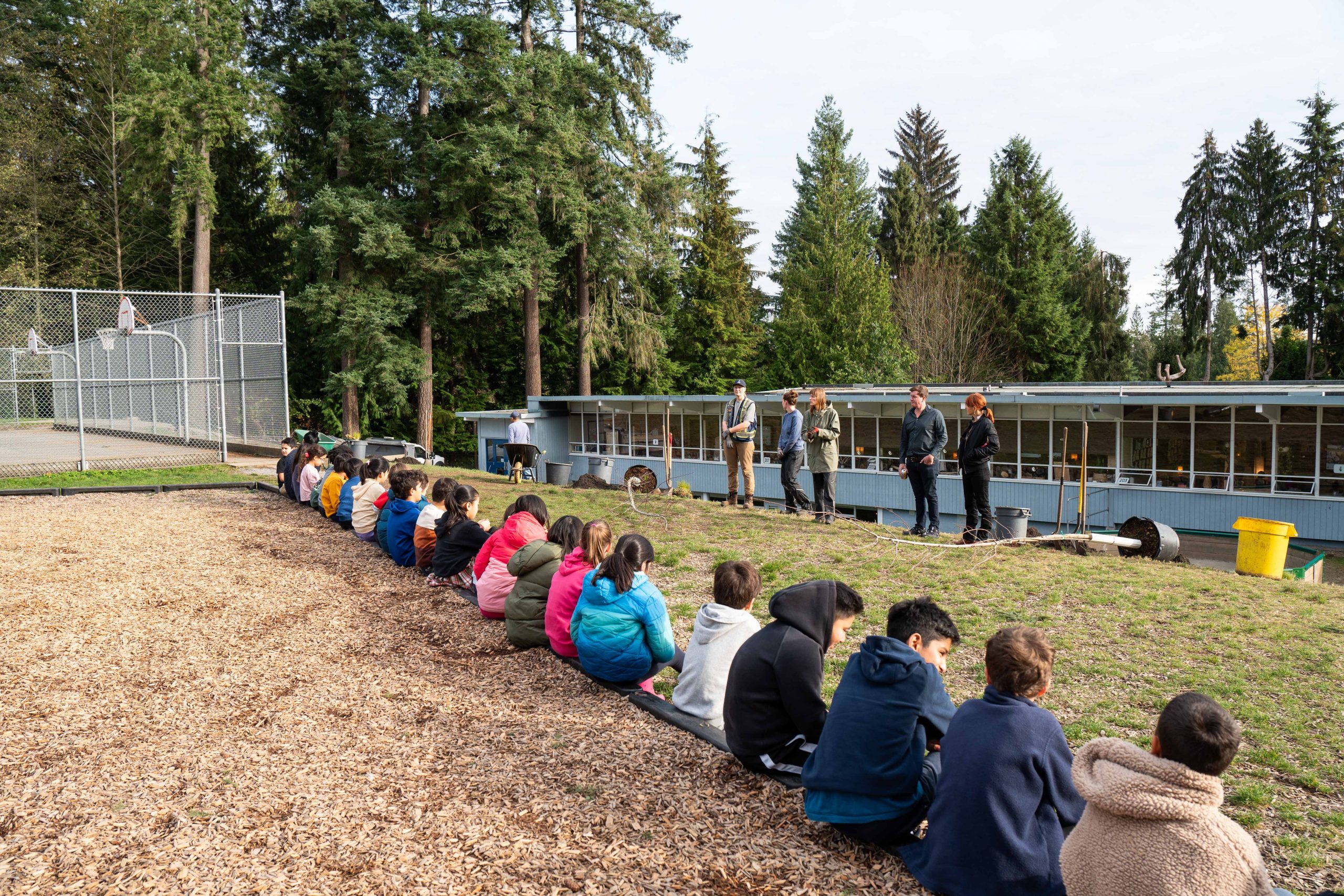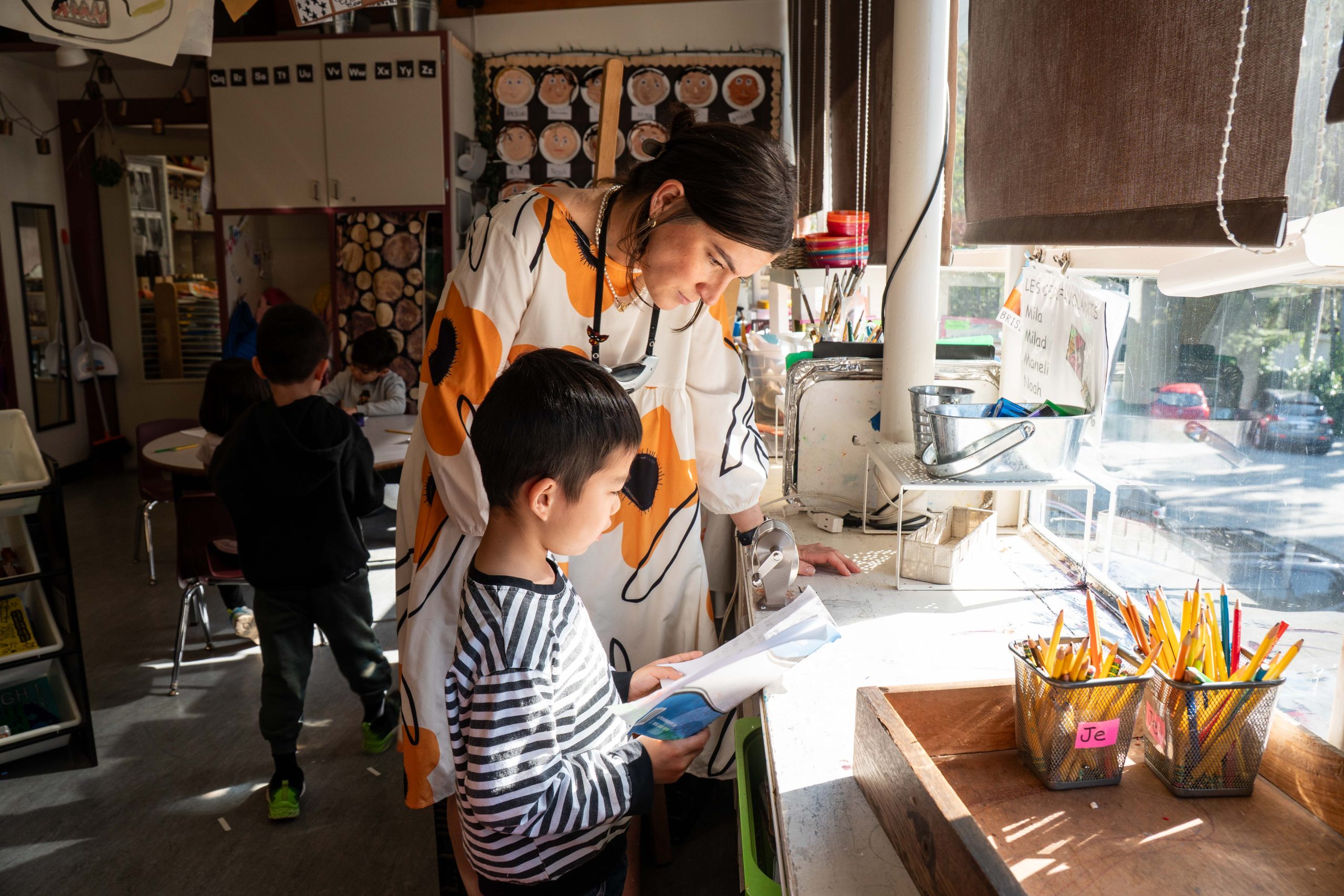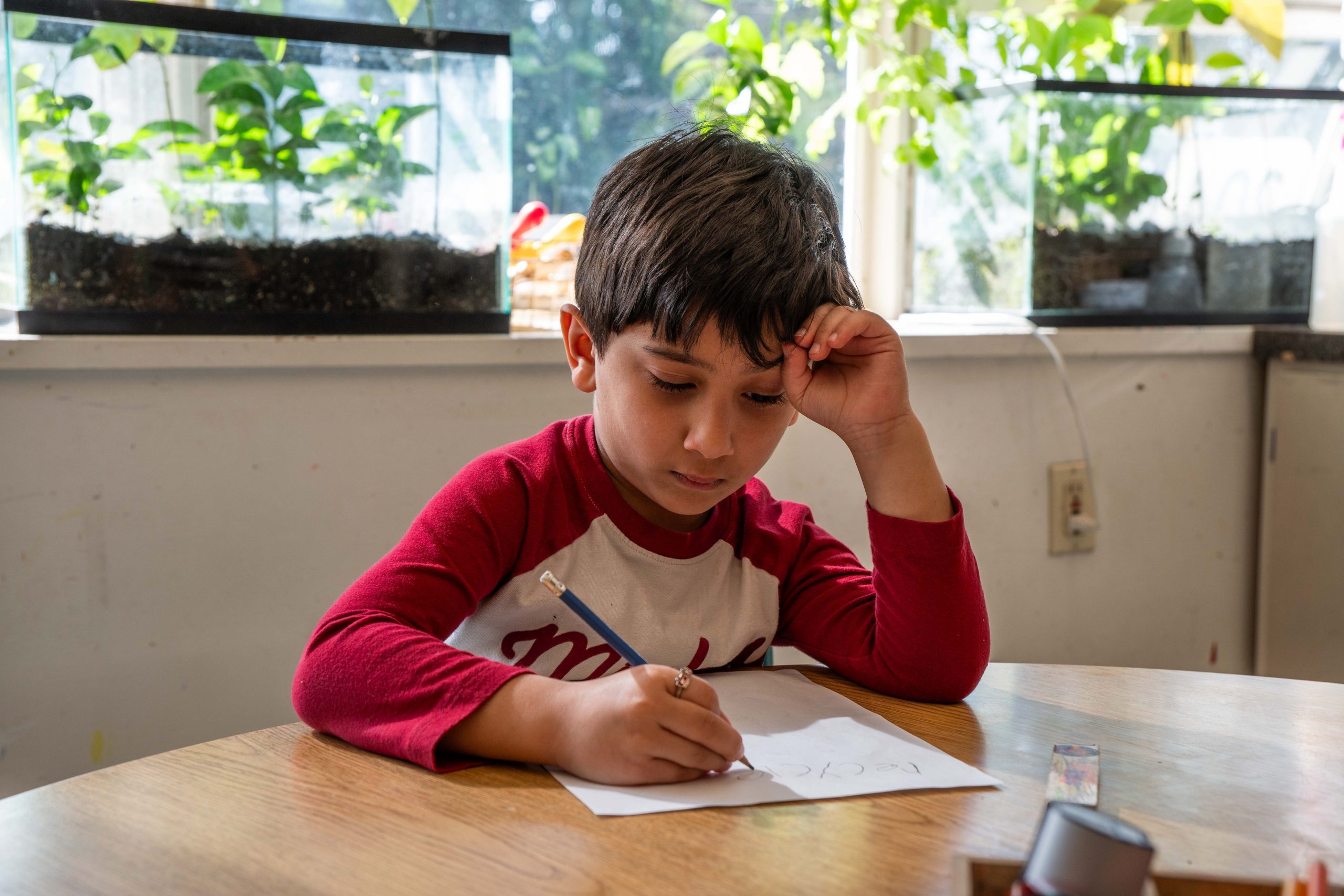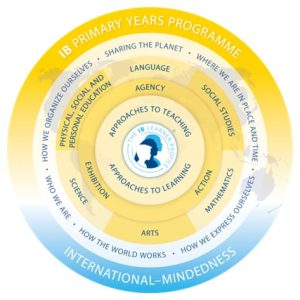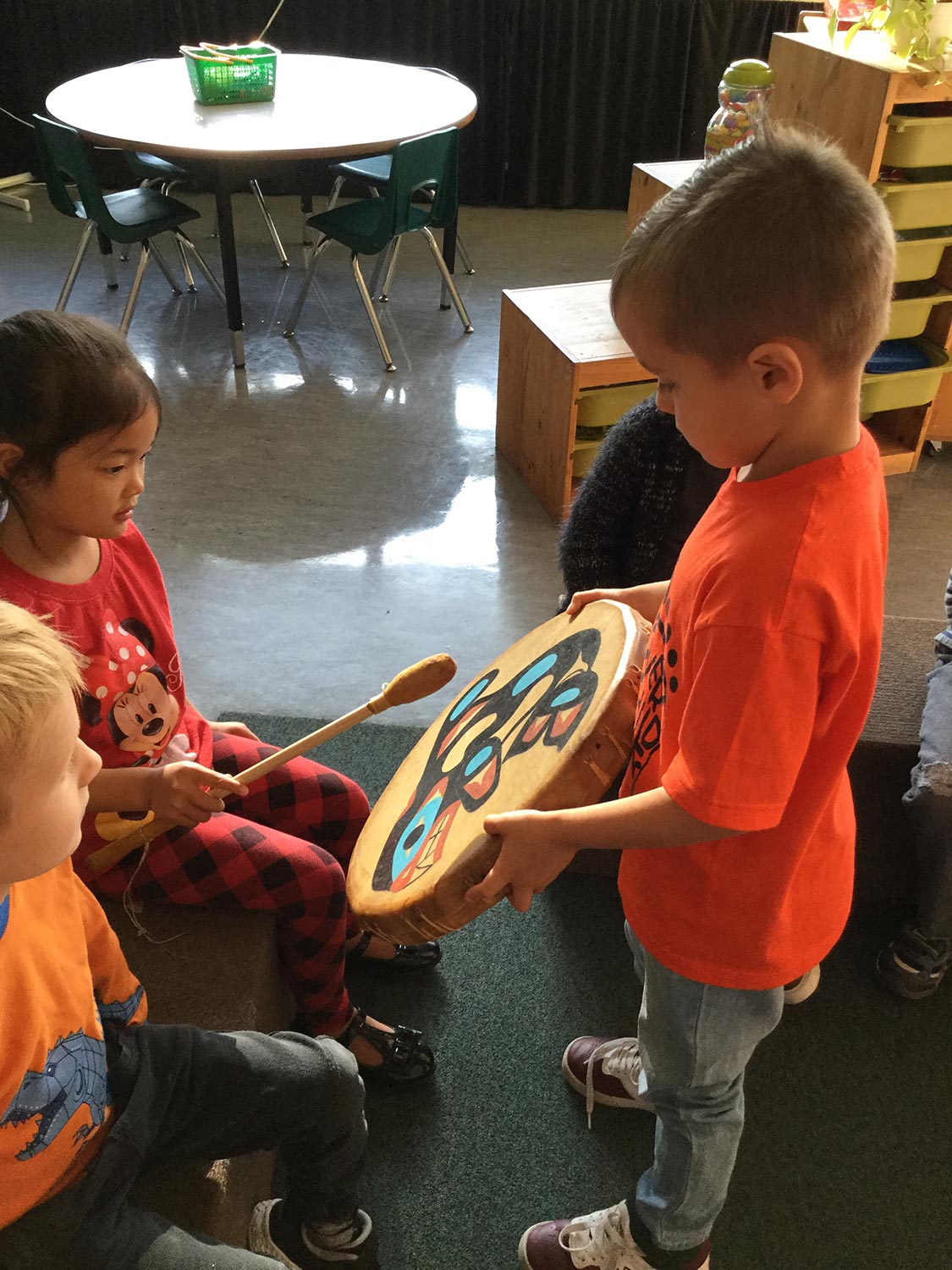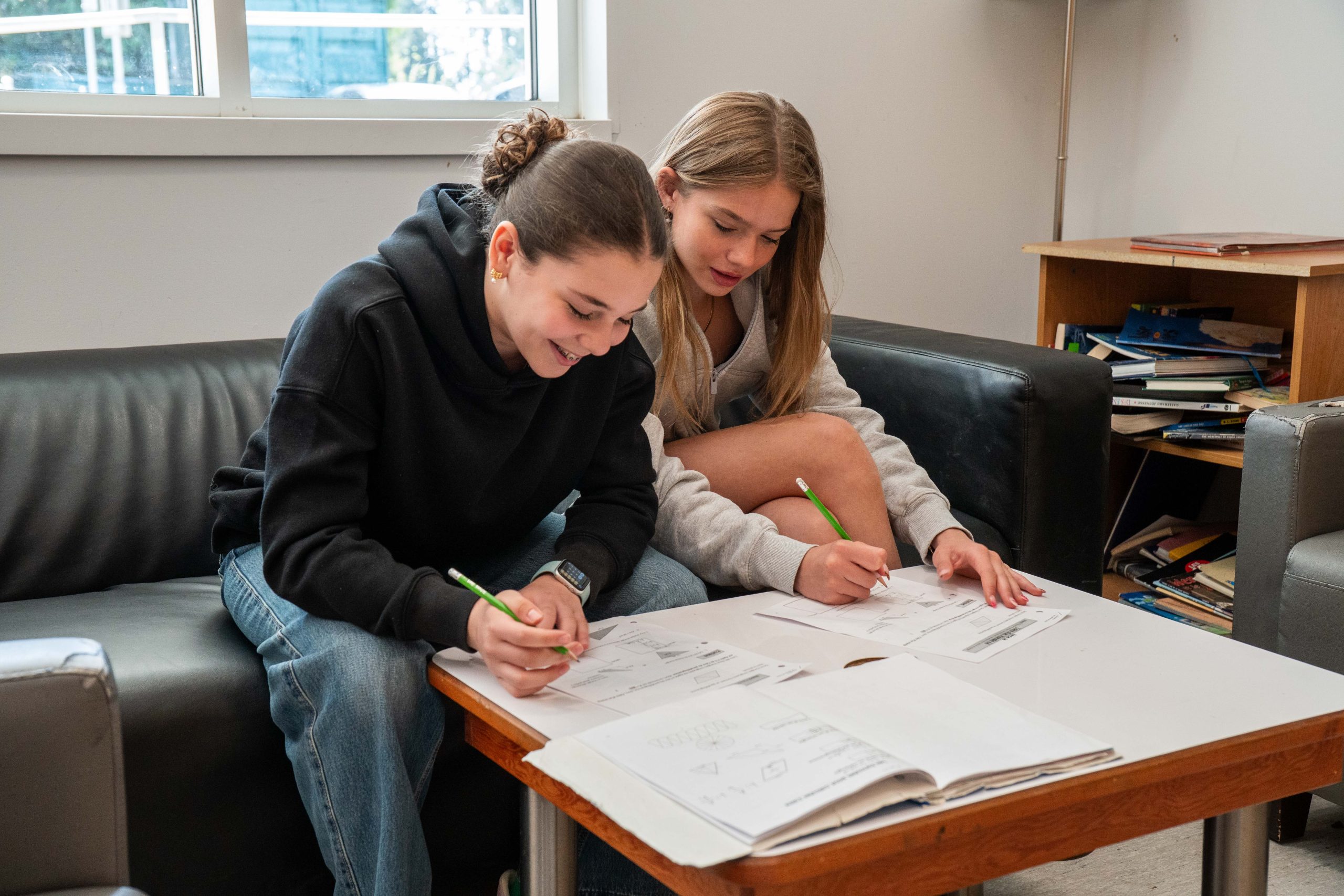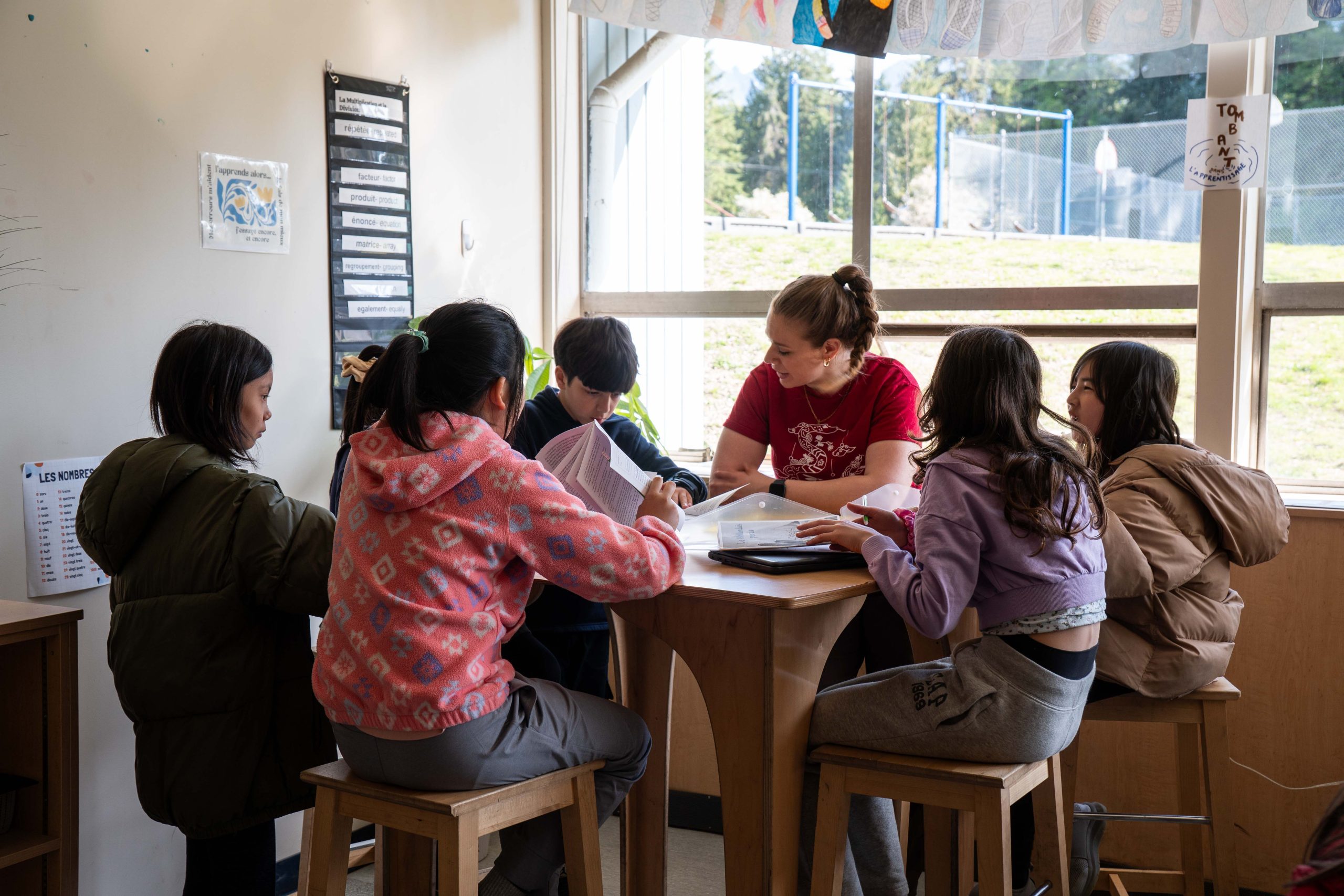Action and International Mindedness
Authentic and meaningful action is an important part of the learning journey. Through both individual and collective action, learners begin to see the difference they can make in the world, leading to international mindedness.
Action can take various forms including: a change in attitude; a consideration or plan for action in the future; a demonstration of responsibility, or of respect for self, others and the environment; a commitment to leading or participating in a youth advocacy group; an engagement in school decision-making or an expression of support in community, local and global decision-making.
For younger learners, action could look like small adjustments to behaviour, like making appropriate choices and developing a sense of responsibility.
Ways to take action:
Participation – Being actively involved in the learning community and showing commitment to contributing as individuals and as members of a group
Advocacy – Taking action individually or collectively to publicly support positive social, environmental or political change
Social justice – Taking action for positive change relating to human rights, equality and equity. Being concerned with the advantages and disadvantages within society, and with social well-being and justice for all
Social entrepreneurship – Supporting positive social change through responding to the needs of local, national and global communities; applying prior knowledge and skills to identify and address challenges and opportunities in innovative, resourceful and sustainable ways
Lifestyle choices – Making positive lifestyle changes in response to learning
Primary Years Programme: The Learner, International Baccalaureate Organization 2018
